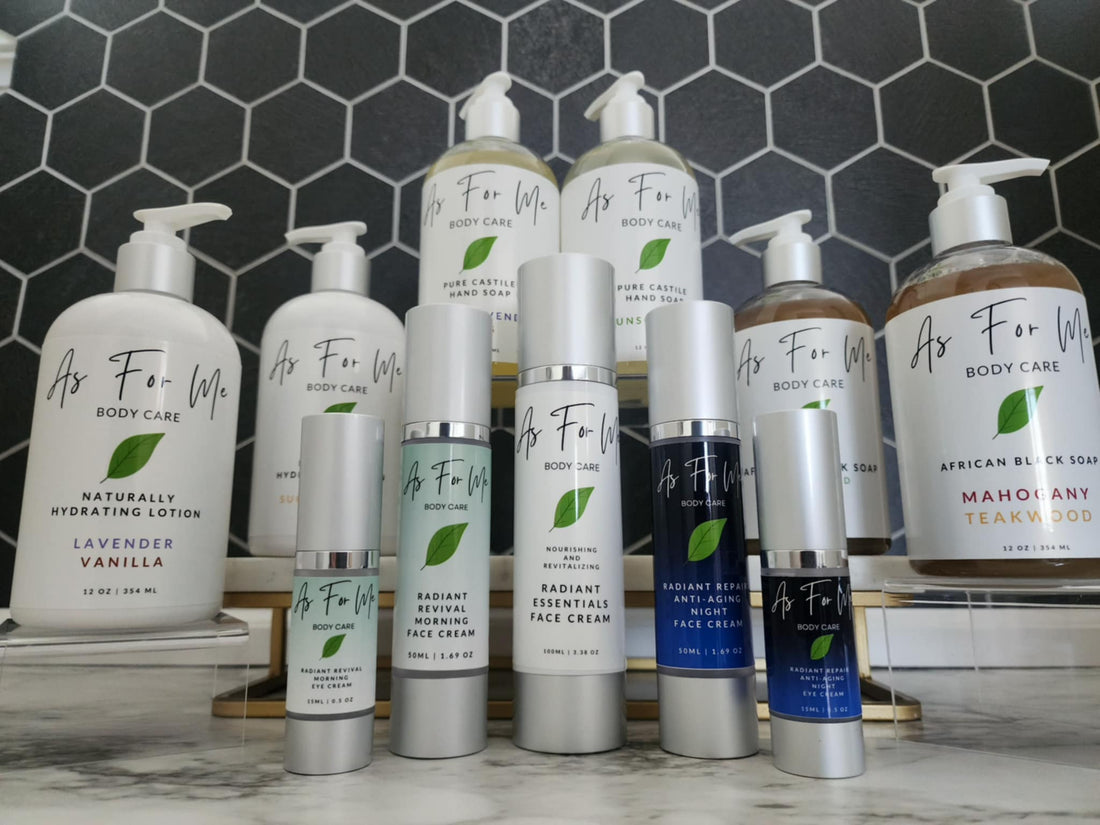Hydration plays a critical role in maintaining healthy, vibrant skin. The skin, the body’s largest organ, relies on adequate water levels to perform its functions effectively. Hydrated skin is crucial for overall health and aesthetics, from regulating temperature to serving as a protective barrier. This article delves into the science-backed reasons why hydration is vital for skin health and how it influences various skin functions.
The Skin’s Structure and Water’s Role
The skin consists of three primary layers:
1. Epidermis: The outermost layer, which acts as a protective barrier.
2. Dermis: The middle layer containing collagen, elastin, and blood vessels.
3. Hypodermis: The deepest layer made up of fat and connective tissue.
Water is essential to maintain the elasticity, plumpness, and resilience of the skin, particularly in the epidermis and dermis. The epidermis’s outermost part, the stratum corneum, relies on water to function as a barrier and retain moisture. When this layer is dehydrated, it can lead to dullness, flakiness, and compromised barrier function, allowing irritants and pathogens to penetrate more easily.
Benefits of Skin Hydration
1. Maintaining Elasticity and Suppleness*
Hydrated skin remains elastic and resilient, reducing the likelihood of fine lines and wrinkles. Studies show that water content in the dermis helps maintain the structural proteins, such as collagen and elastin, which keep skin firm and smooth ([Proksch et al., 2008](https://doi.org/10.1016/j.jdermsci.2008.01.005)).
2. Improved Barrier Function
The skin’s barrier function depends on an optimal level of hydration. Dehydration disrupts the lipid matrix of the stratum corneum, leading to increased transepidermal water loss (TEWL). A healthy barrier minimizes TEWL and protects against environmental aggressors like UV radiation and pollution ([Rawlings & Harding, 2004](https://doi.org/10.1016/j.ijpharm.2004.02.003)).
3. Reduction of Skin Sensitivity
Dry skin is more prone to sensitivity and irritation. Adequate hydration helps stabilize skin and reduce inflammatory responses, making it less reactive to external stimuli.
4. Enhanced Appearance
Well-hydrated skin appears plump, radiant, and smooth. Dehydration, in contrast, emphasizes fine lines, wrinkles, and uneven skin texture. A hydrated stratum corneum also reflects light better, contributing to a natural glow.
Sources of Hydration for Skin
Internal Hydration
Drinking sufficient water is foundational for overall hydration. Water supports the skin from within, replenishing intracellular and extracellular reserves. Studies suggest that increased water intake can improve skin hydration, though the extent varies based on individual factors ([Palma et al., 2015](https://doi.org/10.1111/jocd.12189)).
Topical Hydration
Moisturizers and humectants are essential for maintaining hydration on the skin’s surface. Ingredients such as hyaluronic acid, glycerin, and urea attract and retain water in the epidermis. Occlusives like petroleum jelly can prevent TEWL, sealing in moisture.
Balanced Skincare Routine
Using gentle cleansers and avoiding harsh exfoliants helps preserve the skin’s natural moisture barrier. Hydrating serums and masks can provide an extra boost, especially in dry or extreme climates.
Signs of Dehydrated Skin
- Tightness or discomfort
- Dull complexion
- Fine lines appearing more pronounced
- Flakiness or rough patches
- Increased sensitivity
Tips to Maintain Skin Hydration
1. Stay hydrated: Drink at least 8 glasses of water daily, adjusting for activity level and climate.
2. Use a humidifier: In dry environments, humidifiers help maintain ambient moisture levels.
3. Adopt hydrating skincare: Incorporate products with humectants and occlusives to lock in moisture.
4. Protect your skin: Use sunscreen to prevent dehydration caused by UV damage.
Conclusion
Hydration is fundamental to skin health, influencing everything from its appearance to its function as a barrier. While drinking water is essential, combining internal hydration with a well-formulated skincare routine ensures optimal results. By prioritizing hydration, you can maintain healthy, radiant skin and bolster its defenses against environmental stressors.


